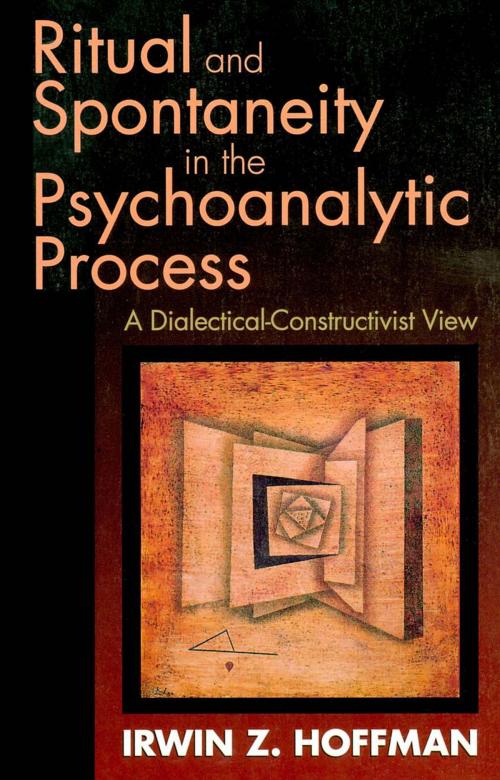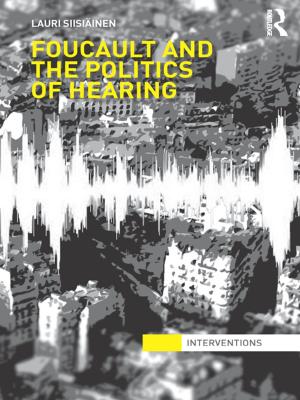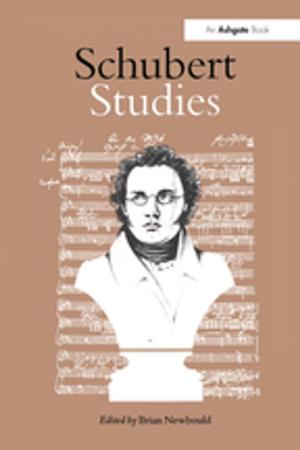Ritual and Spontaneity in the Psychoanalytic Process
A Dialectical-Constructivist View
Nonfiction, Health & Well Being, Psychology, Applied Psychology, Psychotherapy| Author: | Irwin Z. Hoffman | ISBN: | 9781317771340 |
| Publisher: | Taylor and Francis | Publication: | June 3, 2014 |
| Imprint: | Routledge | Language: | English |
| Author: | Irwin Z. Hoffman |
| ISBN: | 9781317771340 |
| Publisher: | Taylor and Francis |
| Publication: | June 3, 2014 |
| Imprint: | Routledge |
| Language: | English |
The psychoanalytic process is characterized by a complex weave of interrelated polarities: transference and countertransference, repetition and new experience, enactment and interpretation, discipline and personal responsiveness, the intrapsychic and the interpersonal, construction and discovery. In Ritual and Spontaneity in the Psychoanalytic Process, Irwin Z. Hoffman, through compelling clinical accounts, demonstrates the great therapeutic potential that resides in the analyst's struggle to achieve a balance within each of these dialectics.
According to Hoffman, the psychoanalytic modality implicates a dialectic tension between interpersonal influence and interpretive exploration, a tension in which noninterpretive and interpretive interactions continuously elicit one another. It follows that Hoffman's "dialectical constructivism" highlights the intrinsic ambiguity of experience, an ambiguity that coexists with the irrefutable facts of a person's life, including the fact of mortality. The analytic situation promotes awareness of the freedom to shape one's life story within the constraints of given realities. Hoffman deems it a special kind of crucible for the affirmation of worth and the construction of meaning in a highly uncertain world. The analyst, in turn, emerges as a moral influence with an ironic kind of authority, one that is enhanced by the ritualized aspects of the analytic process even as it is subjected to critical scrutiny.
An intensely clinical work, Ritual and Spontaneity in the Psychoanalytic Process forges a new understanding of the curative possibilities that grow out of the tensions, the choices, and the constraints inhering in the intimate encounter of a psychoanalyst and a patient. Compelling reading for all analysts and analytic therapists, it will also be powerfully informative for scholars in the social sciences and the humanities.
The psychoanalytic process is characterized by a complex weave of interrelated polarities: transference and countertransference, repetition and new experience, enactment and interpretation, discipline and personal responsiveness, the intrapsychic and the interpersonal, construction and discovery. In Ritual and Spontaneity in the Psychoanalytic Process, Irwin Z. Hoffman, through compelling clinical accounts, demonstrates the great therapeutic potential that resides in the analyst's struggle to achieve a balance within each of these dialectics.
According to Hoffman, the psychoanalytic modality implicates a dialectic tension between interpersonal influence and interpretive exploration, a tension in which noninterpretive and interpretive interactions continuously elicit one another. It follows that Hoffman's "dialectical constructivism" highlights the intrinsic ambiguity of experience, an ambiguity that coexists with the irrefutable facts of a person's life, including the fact of mortality. The analytic situation promotes awareness of the freedom to shape one's life story within the constraints of given realities. Hoffman deems it a special kind of crucible for the affirmation of worth and the construction of meaning in a highly uncertain world. The analyst, in turn, emerges as a moral influence with an ironic kind of authority, one that is enhanced by the ritualized aspects of the analytic process even as it is subjected to critical scrutiny.
An intensely clinical work, Ritual and Spontaneity in the Psychoanalytic Process forges a new understanding of the curative possibilities that grow out of the tensions, the choices, and the constraints inhering in the intimate encounter of a psychoanalyst and a patient. Compelling reading for all analysts and analytic therapists, it will also be powerfully informative for scholars in the social sciences and the humanities.















